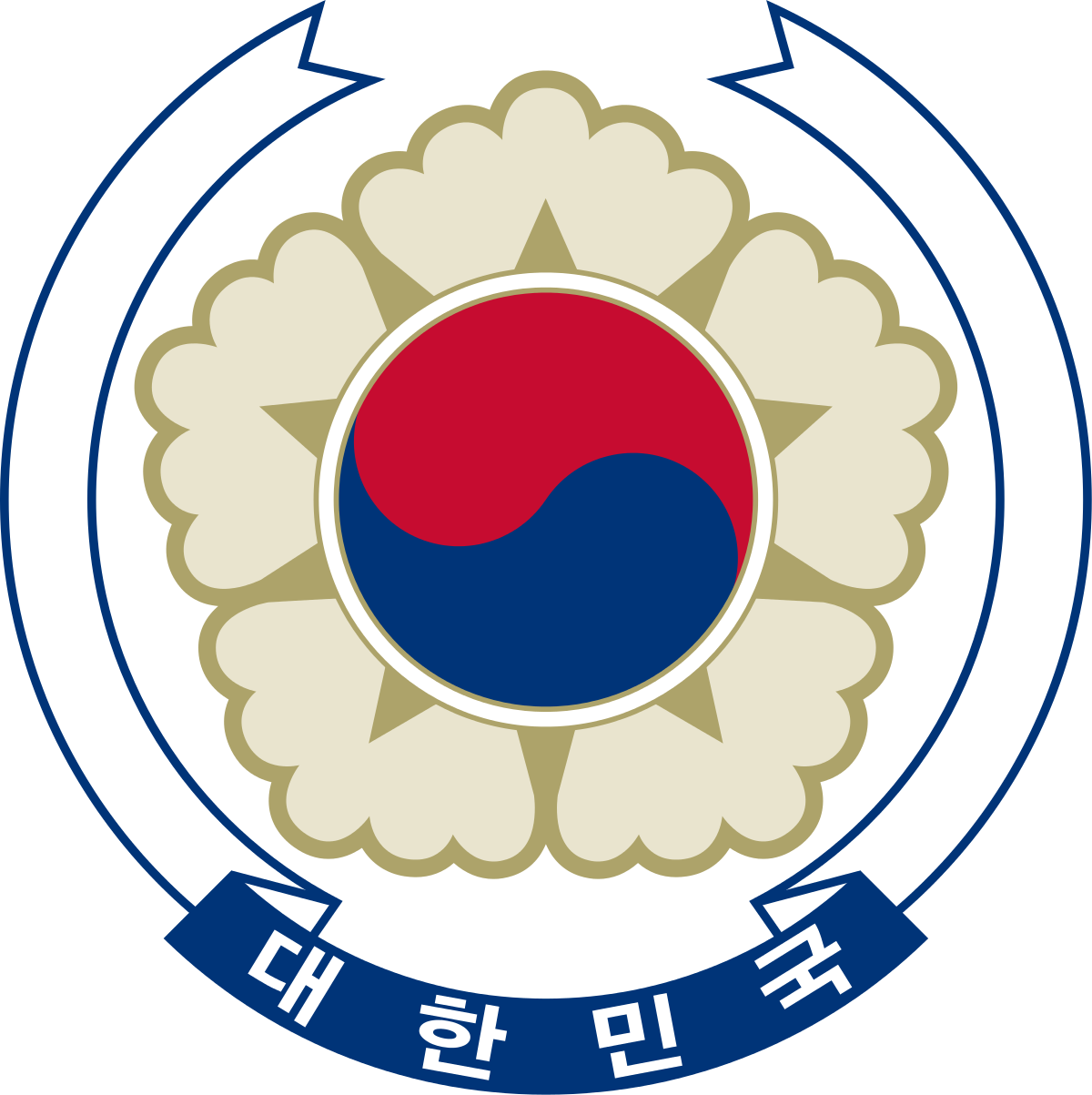An independent kingdom for much of its long history, Korea was occupied by Japan beginning in 1905 following the Russo-Japanese War. In 1910, Tokyo formally annexed the entire Peninsula. Korea regained its independence following Japan's surrender to the US in 1945. After World War II, a democratic-based government (Republic of Korea, ROK) was set up in the southern half of the Korean Peninsula while a communist-style government was installed in the north (Democratic People's Republic of Korea, DPRK). During the Korean War (1950-53), US troops and UN forces fought alongside ROK soldiers to defend South Korea from a DPRK invasion supported by China and the Soviet Union. A 1953 armistice split the Peninsula along a demilitarized zone at about the 38th parallel. PARK Chung-hee took over leadership of the country in a 1961 coup. During his regime, from 1961 to 1979, South Korea achieved rapid economic growth, with per capita income rising to roughly 17 times the level of North Korea.
South Korea held its first free presidential election under a revised democratic constitution in 1987, with former ROK Army general ROH Tae-woo winning a close race. In 1993, KIM Young-sam (1993-98) became the first civilian president of South Korea's new democratic era. President KIM Dae-jung (1998-2003) won the Nobel Peace Prize in 2000 for his contributions to South Korean democracy and his "Sunshine" policy of engagement with North Korea. President PARK Geun-hye, daughter of former ROK President PARK Chung-hee, took office in February 2013 as South Korea's first female leader. In December 2016, the National Assembly passed an impeachment motion against President PARK over her alleged involvement in a corruption and influence-peddling scandal, immediately suspending her presidential authorities and establishing Prime Minister HWANG Kyo-ahn as Acting President. The Constitutional Court is currently adjudicating the impeachment case. South Korea will host the 2018 Winter Olympic Games. Discord with North Korea has permeated inter-Korean relations for much of the past decade, highlighted by the North's attacks on a South Korean ship and island in 2010, the exchange of artillery fire across the DMZ, and multiple nuclear and missile tests in 2016.
Korea is a presidential republic.
Source: CIA World Factbook
Members:
Resources
Displaying 11 - 15 of 37Building Act.
The purposes of this Act are to improve the safety, functions, environment, and aesthetic view of buildings, and to promote public welfare by establishing the standards for and purposes of use of sites, structures, and facilities of buildings. The term "site" means a parcel of land partitioned under the Act on the Establishment, Management of Spatial Data: Provided, that at least two parcels of land or part of at least one parcel of land may be deemed one site if they are parcels of land prescribed by Presidential Decree.
Act on the Conservation and Management of Uninhabited Islands.
The purpose of this Act is to contribute to the promotion of public welfare with the systematic management of uninhabited islands and surrounding waters by prescribing matters necessary for the conservation and management of uninhabited islands and surrounding waters. In particular, the State and local governments shall formulate and execute policies necessary for the proper conservation and management of uninhabited islands, such as protecting uninhabited islands and surrounding waters from being damaged, or indiscreetly utilized or developed. The text consists of 37 articles.
Prevention of Steep Slope Disasters Act.
The purpose of this Act is to protect lives and property of people from the danger of steep slope failures and to contribute to public welfare by prescribing matters concerning the designation and management of steep slopes at risk of collapse, the formulation and execution of necessary improvement plans and emergency measures.
Special Act on the Promotion of Urban Renewal.
The purpose of this Act is to provide for matters necessary for planning projects for improving residential environments, expanding infrastructure and restoring urban functions in urban areas that lag behind, spanning a wide area, and promoting them systematically and efficiently in order to seek balanced urban development and contribute to improving the quality of life of citizens. In particular, article 17 deals with formation of Consultative Council on Projects and article 34 with Urban Renewal Committees. The text consists of 37 articles.
Electric Power Source Development Promotion Act.
The purpose of this Act is to ensure the stability of electricity supply and demand and to contribute to the development of the national economy by effectively propelling the electric power resource development business. Article 4 establishes the Executive Committee for Electric Power Resource Development Business in the Ministry of Trade, Industry and Energy in order to deliberate upon important matters concerning electric power resource development business.


